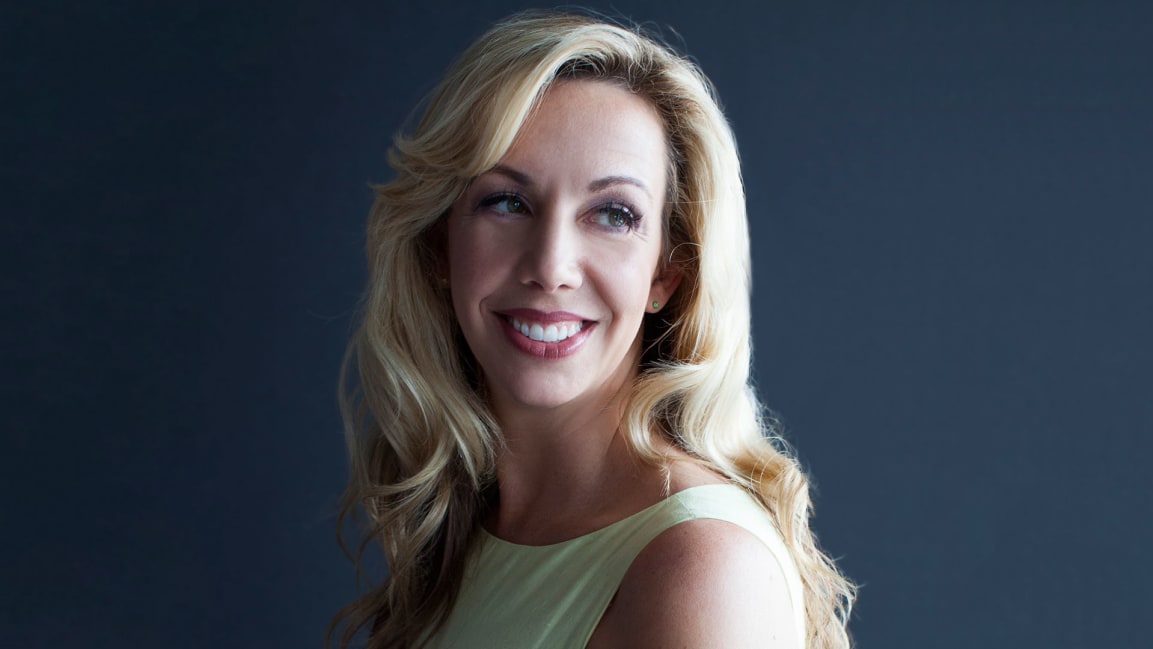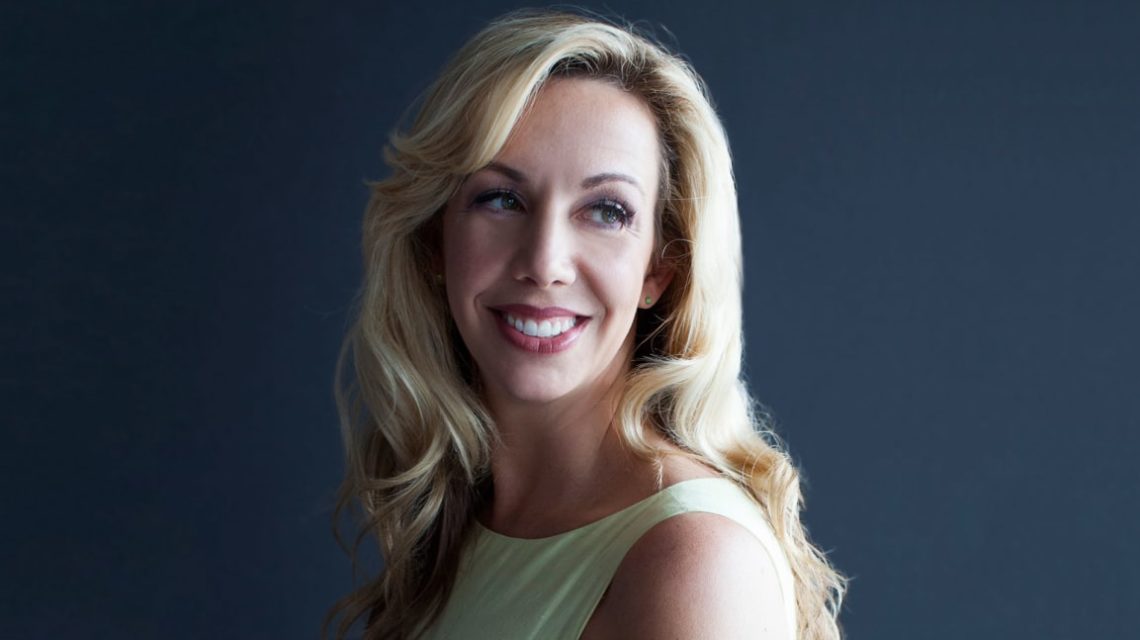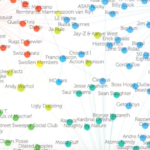By Lydia Dishman
Fast Company, January 26, 2018 —
Elizabeth Gore steps up to helm Alice, the AI platform designed to help women, veterans, people of color, and LGBT entrepreneurs grow their companies.
“Our goal is to help 4 million women, minorities, and veterans scale their companies by 2021,” declares Elizabeth Gore. The way Gore plans to achieve this is through Alice, a platform powered by AI that works as a personal business adviser to aspiring entrepreneurs.
Although Gore was involved with Alice from its inception last May, she’s officially joining the company full-time as president and chairwoman. And to hear her tell it, she’s been grooming herself for this since the beginning of her career.

Elizabeth Gore [Photo: Sharon Suh]
Gore grew up on a cattle ranch and was the first woman in her family to graduate from college. From there she gravitated to humanitarian and nonprofit work, from the Peace Corps and Share Our Strength to the United Nations, where she became the U.N. Foundation’s first resident entrepreneur and manager of the Global Entrepreneurs Council.
“I kept seeing that small business owners are really the ones who create long-term change appropriate for their community,” she recalls. What she also noticed is that in places like refugee camps, when the U.N. and NGOs left, the entrepreneurs who figured out ways to set up internet access or barter for services were the ones who really picked up the community. “They are going to last longer and be more sustainable,” she says.
Over time, Gore observed that women created more wealth for the community.
“Every time they get income, they pay for healthcare and stronger infrastructure,” she says. That’s where the original goal of helping female entrepreneurs came in. Along the way, Gore says that they noticed Alice drawing in male entrepreneurs as well.
As Alice’s machine learning gathered more data from entrepreneurs such as their location and type of business, the code was expanded to ask them to submit answers for gender, race, ethnicity, LGBT status, and more. In this way, she says, the platform could offer ever more specific advice to the business owner, such as pointing them to specific banks that offered special loan terms for veterans, meetups for underrepresented minority groups, discounts on software, or other resources.
So far, more than 50% of Alice users are non-white, 70% of Alice users are women, and entrepreneurs are using the platform in over 50 countries.
“We believe our country is made up a lot of great people who want minority or women business owners to succeed, but the ecosystem and infrastructure are far behind what the new entrepreneur looks like, how they work, and what products they’re creating,” says Gore. Her aim at the helm of Alice is to create new ways that work for new founders.
This, she maintains, just makes good economic sense. The number of veterans who own their own companies today is currently just 9.1% of total businesses. Of those, more than half (55.8%) had annual sales of less than $25,000, and over one-third (34.9%) brought in less than $10,000. This, as opposed to 49.7% of ownership after World War II, when the U.S. economy was entering into an era of unprecedented prosperity.
According to data from the Center for Global Policy Solutions, 67.3% of firms without employees had annual sales of less than $25,000. And only 10.6% of all employer firms are women-owned, and the large majority have less than $1 million in revenue annually.
Across the board, not only does that make it likely that the profits were only a fraction of the sales, but also that they weren’t able to keep their owners and the owners’ families out of poverty. Gore says getting just 10% of those over $1 million revenue mark would mean a massive social and economic change.
Scaling doesn’t just have to be in revenue, Gore acknowledges. “They may be going for impact, or maybe taking something from idea to launch and hire two employees, and that’s where they want to stay,” she says. “For us, it is about making sure [entrepreneurs] have access to achieve their own vision.”











